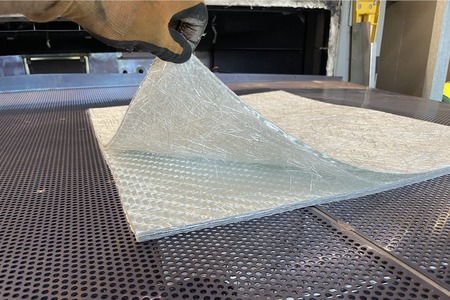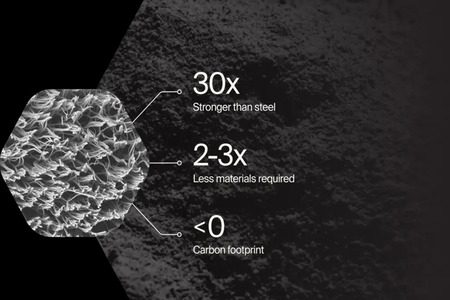Farmers in race to scale up farming with jute pack law enforcement
YarnsandFibers News Bureau 2016-03-26 17:30:00 – DhakaBangladesh is a key player in the world jute market, contributing almost 45 percent to production, while 60 percent to exports. After implementation of the mandatory jute packaging law, which has fueled demand for the fibre at home, farmers are in race to scale up farming.
After a slight decline in production last year, a bumper output of jute is expected this year as farmers this time are cultivating the fibre, encouraged by higher prices on the local market.
Researchers at the Federation of Bangladesh Chambers of Commerce and Industries (FBCCI) said that jute-based industries in countries like India, Pakistan, Nepal and Brazil are partially or totally dependent on Bangladeshi raw-jute.
The government intensified drive from November last year to implement the act, which has made it mandatory to use jute-made sacks for rice, paddy, wheat and some other commodities.
The need for raw-jute increased by three times on the local market after the drive, an official at the state-run Department of Jute (DoJ) said.
Under the process, the government also imposed a ban on raw -jute export for smooth supply of the item for local millers beginning from November last year.
But before imposition of the ban, raw-jute exporters made a record shipment of raw jute in just three months (August-October), triggering a shortage in the country.
Exporters in the country, however, termed the farmers' enthusiasm for jute farming a good sign for the sector, now struggling to get quality raw-jute supplies.
Raw-jute production declined by 1.0 percent to 7.4 million bales in financial year 2015 (FY'15) compared to that of FY'14 due mainly to the price debacle in previous years, Bangladesh Bureau of Statistics (BBS) data showed.
The government has set a target to produce 7.8 million bales (excluding mesta and kenuf) of the golden fibre in the current financial year against a demand for more than 7.5 million bales.
Deputy director of cash crop wing Md Iman Ali Sarder said that they have targeted bringing 0.75 million hectares of land under jute farming, of which Tossa variety at 0.67 million and Desi at 0.08 million hectares.
Field reports indicate that if the climate remains good, the country will get a bumper production.
However, jute price increased to Tk 2,250 to 2,650 and Desi variety to Tk1,250-Tk 1,450 per maund across the country with the end of collection period.
President of Faridpur-Gopalganj Jute Producers' Association Md Obaidur Rahman said that the jute market is good from the beginning of the season after the enforcement of the law gained momentum. In fact, many jute mills have started to provide advances to farmers this year to get jute.
According to Chairman of Bangladesh Jute Mills Association (BJMA) Muhammad Shams-uz Zoha, both government and private jute mills need more than 6.0 million bales of quality jute for producing jute sacks (for local consumption), jute yarn and other jute products.
Shortage of raw jute can hamper the government's drive. So, the government should adopt time-befitting export policy, which could benefit both farmers and local millers.
As per Bangladesh Jute Mills Corporation (BJMC), about 40 percent of the raw jute is needed to produce such bags, said an official at the state-run
Jute sector earned nearly US$ 800 million annually through exporting raw-jute and jute-made products and yarn. However, raw-jute export declined in volume but earning increased nearly by 20 percent in the first seven months of FY'16 due to the government's export ban, which helped increase the price worldwide.
According to DoJ, full enforcement of the packaging law has created demand for about 500 million jute bags a year for packaging the selected agricultural and non-agricultural products.
Market Intelligence
Ask for free sample Report

experience
Customer Base
dedicated team
Countries Served Worldwide









